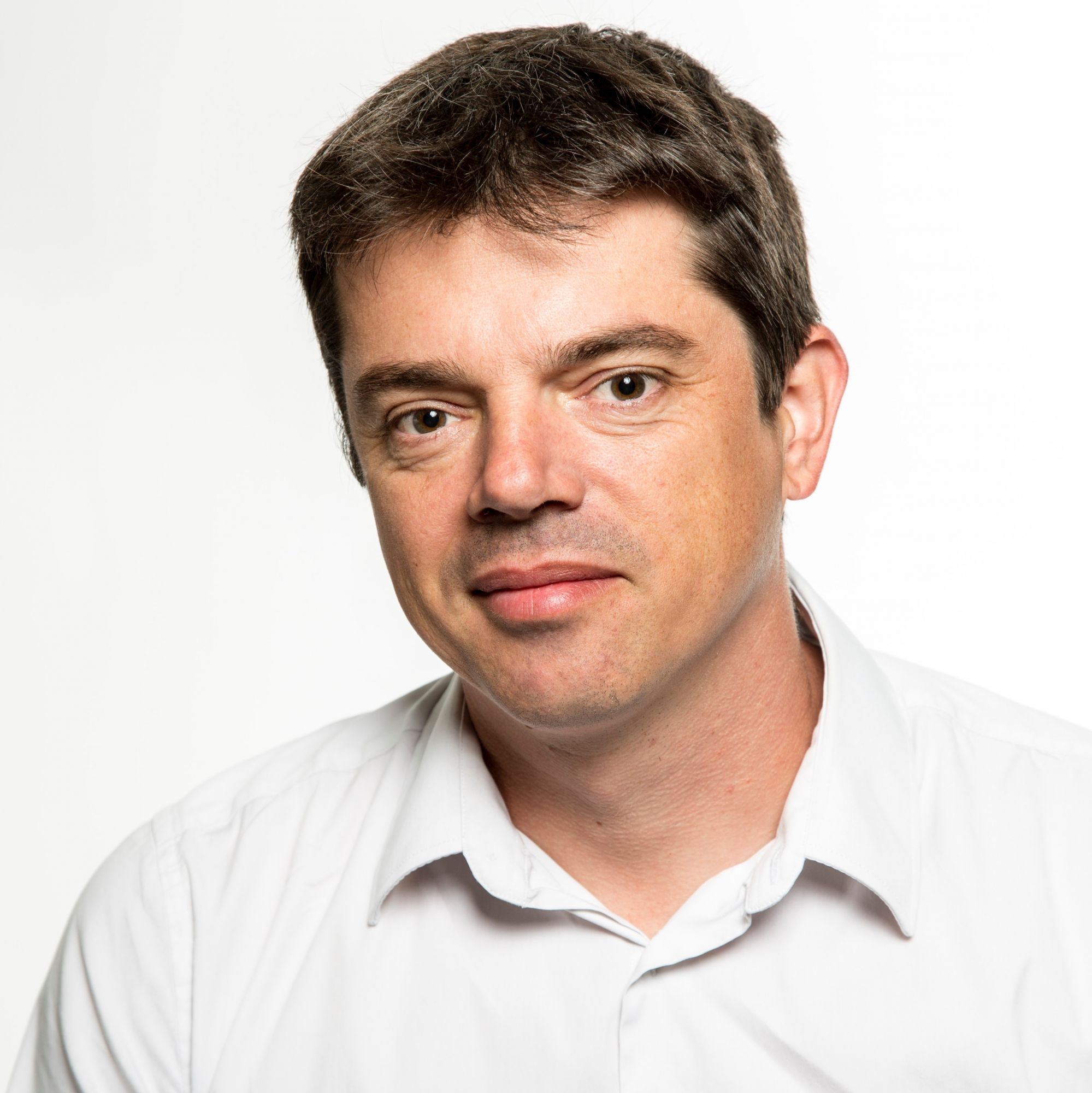- Home
- EN
- Our impact
- ProspeKtive
ProspeKtive
Designing the buildings of tomorrow around innovative uses and new interactions means using academic research. Because we believe in the strength of the collective and in the openness of ideas, we share here, with you, the research conducted by our experts.
New management and organization methods: innovation or fad?
Since the 2010s, companies have been actively interested in new management and organization methods (NMMO): holacracy, agile companies, liberated companies or even "opal"... these are all fashionable labels that often suffer from vague definitions and confuse players more than they enlighten them to face the current organizational challenges. This does not prevent them from being the object of a strong craze, leading us to wonder whether we are facing real innovations or simple fashion effects.
Between digital and vegetal, the convergence to change the urban model
Arnaud Pagès is a journalist. He is interested in environmental issues in the broadest sense, with a focus on the urban dimension. He presents here his new book Villes de demain, Michel Lafon, 2022.
How to improve environmental performance through your employees?
While it is recognized that companies have a role to play in improving their environmental performance, research has shown that simply implementing organizational practices is not enough to engage employees in greening.
For a reasoned BIM
BIM, for "Building Information Model/Modeling/Management", is becoming more and more widespread. This work method is based on a digital representation of the building composed of one or more 3D models filled with numerous data and accompanied by hundreds of spreadsheets and other documents. Add to this the collaborative aspect of the process orchestrating the interactions between an ever increasing number of participants, the project can quickly become a joyful mess.
Thinking about the work environment: the 3P concept
In a world that is suddenly changing, utopia seems relevant to think about the evolution of work environments and the 3Ps concept (People, Planet, Profit) could be an appropriate framework for reflection. People is concerned with human development: values, living conditions, education or impact on communities. Planet measures the impact of activities on natural resources, pollution and biodiversity. Profit includes concepts such as value creation and profit.
Fixing the city
An observation is obvious: it is around environmental issues that the transformation of the city must be articulated. Remember that the shift is to be taken now with carbon footprint reduction objectives to which all producers in the city must contribute. And we are all at our level of contributors. The city must be made by all and for all in a logic of convergence while the differences often remain strong among the various stakeholders.






